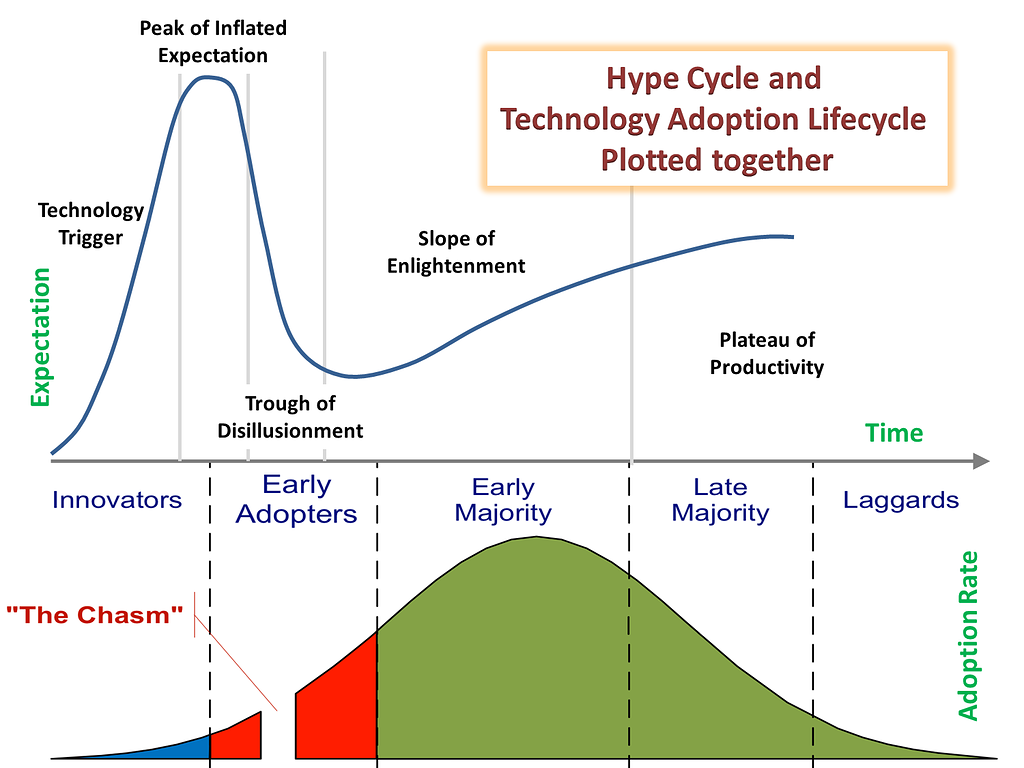How Decentralized Is Bluesky Really?
-
smallcircles (Humanity Now 🕊)replied to smallcircles (Humanity Now 🕊) last edited by
@serapath @teledyn @bhaugen @cwebber
To get the mass of particles to act in unison you need a charged electro-magnetic field to energize them. A rallying cry, a shared vision.
Still not enough. This only aligns noses to face the south pole of progress together.
Last thing we need is to learn to tweak the ripples and fluctuations in the force field between particles, such that they happily dance together in harmony and choreagraph into these beautiful self-adapting standing waves patterns.
-
smallcircles (Humanity Now 🕊)replied to smallcircles (Humanity Now 🕊) last edited by
@serapath @teledyn @bhaugen @cwebber
That is one analogy that appeals to me, at least. Another, better one, is seeking analogies with nature.
How does a grassroots movement organize itself?
Answer: Similar to how autonomous cells acting together form a living breathing organism.
Technically an event-driven architecture

Or: Like vast mycelium networks upon which mushrooms exchange nutrients to thrive and clone themselves.
P2P local-first state synchronisation? Semantic knowledge network?
-
smallcircles (Humanity Now 🕊)replied to smallcircles (Humanity Now 🕊) last edited by
@serapath @teledyn @bhaugen @cwebber
Analogies, good. Inspiration by nature and mimicry then..
- Only organic growth and evolution.
- Foster spontaneous emergence.
- Find natural growth paths on-the-fly.
- Every individual participant is free.
- Seek incentives to align and converge.
- Seek for intrinsic motivation to contibute.
- Heart, passion, dreams are fuel to ignite.Very different than how the biz world operates. Traditional biz practices are no good match to model our governance.
-
smallcircles (Humanity Now 🕊)replied to smallcircles (Humanity Now 🕊) last edited by
@serapath @teledyn @bhaugen @cwebber
There are alternative technology adoption models that are better matches for what we need.

Challenge: Fixing the Fediverse Technology Adoption Lifecycle
Background These are just some notes related to my observation that: On Fediverse Ad-hoc Interoperability dominates and hampers innovation. Need to clarify some terminology that I frequently use relating to Social Co…

Discuss Social Coding (discuss.coding.social)
These inspired me to start social coding movement. I am working on a concept, that has all these characteristics, and can be both be a design model and organizational formula (adding an as yet missing layer at ecosystem level), that can be supported by apps, automated services & tools on the social web..
And can evolve that web subsequently.
-
smallcircles (Humanity Now 🕊)replied to smallcircles (Humanity Now 🕊) last edited by
@serapath @teledyn @bhaugen @cwebber
This concept I call "prosperity guilds" and is based on an overarching strategy of "leveraging the ecosystem" and charge the gas to have punching power

Main theme is "inherent (holistic) sustainability at any time, during the entire lifecycle of an initiative". That is the foundation to build on.
Sustainability so that e.g. FOSS projects don't shrivel as tiny mushrooms and die, but grow vast mycorrhiza networks with plenty fresh & independent offshoot.
-
smallcircles (Humanity Now 🕊)replied to smallcircles (Humanity Now 🕊) last edited by
@serapath @teledyn @bhaugen @cwebber
With a proper conceptual model, a good enough domain design for "commons-driven adaptive adhocracy" we can drill down to what protocols and architecture support best match.
Regardless of under-the-hood tech, I hope we enter an era of app-free computing, where services choreograph into dynamic social experiences tailored to satisfy needs and adaptive to the context of the social interactions that take place between people.
And thriving service ecosystems.
-
𝓼𝓮𝓻𝓪𝓹𝓪𝓽𝓱【ツ】☮(📍🇬🇧)replied to smallcircles (Humanity Now 🕊) last edited by
@smallcircles @teledyn @bhaugen @cwebber
i disagree.
git is a good example and nom as well.git the tool and npm the tool was enough to create enormous open source supply chains, a.k.a dependency trees
-
smallcircles (Humanity Now 🕊)replied to 𝓼𝓮𝓻𝓪𝓹𝓪𝓽𝓱【ツ】☮(📍🇬🇧) last edited by
@serapath @teledyn @bhaugen @cwebber
Sure. But I was more holistically referring to all the processes and people involved throughout the free software development lifecycle and within its larger environment, and how then deliverables come about. Then git is but one of many tools and practices in the supply chain that allowed for this robust organization structures to emerge.
-
Christine Lemmer-Webberreplied to Steve Bate last edited by
@steve yeah I'm well aware that it's not a *pure* actor model system, I have implemented multiple of those
It's still more of an actor model system than most things and that's still one of AP's misunderstood strengths
And re: behavior in AP, it can modify its own internal state and you can implement AP using an actor model system that way, even if the spec doesn't specify "you must modify your own internal state"
-
Christine Lemmer-Webberreplied to Weatherwax last edited by
@Weatherwax I actually strongly agree with that; our focus in Spritely is on "secure collaboration" and intentional cooperation for individuals and communities
-
Evan Prodromoureplied to Evan Prodromou last edited by [email protected]
@cwebber @bnewbold I do think if someone at a commercial startup asks the director of a nonprofit to write a 24-page report including extensive technical research, they should help offset that work.
But Christine assured me that it's not the case; the level of effort was not requested and is entirely up to her. She's a grown woman, a professional, and knows how to allocate her own time.
